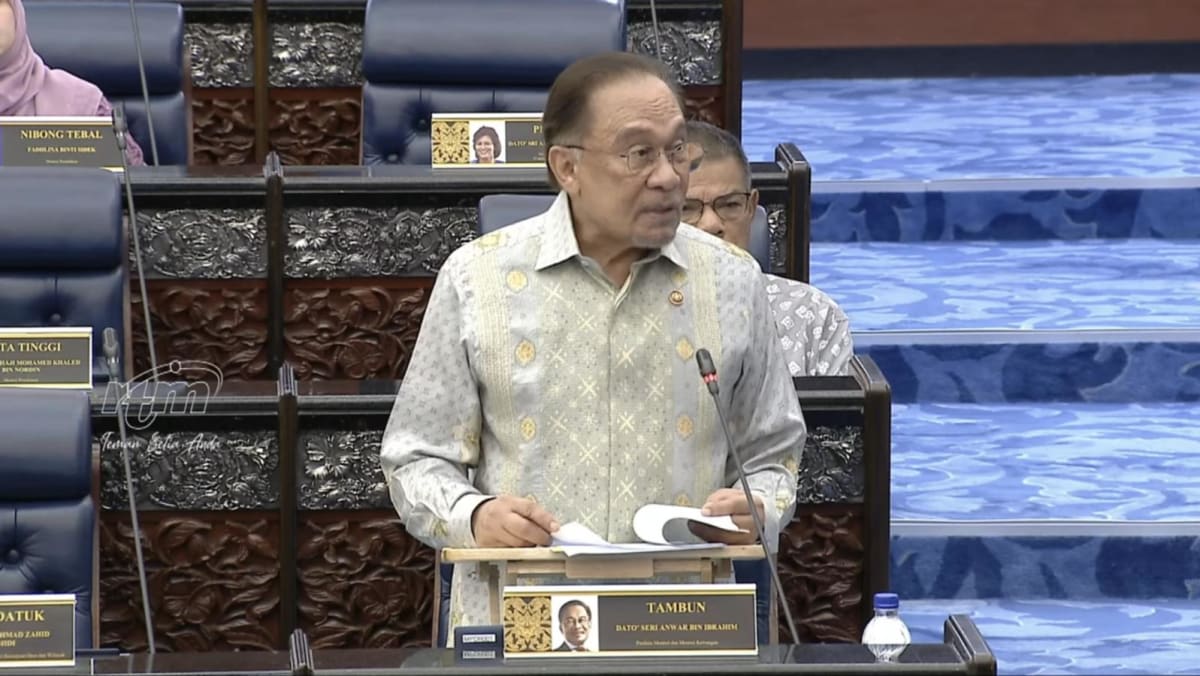Asia
Malaysia to amend law on peaceful public assemblies; consent no longer needed from site owners

A New Dawn for Peaceful Assemblies in Malaysia
In a significant move towards fostering a more open and democratic society, the Malaysian government has announced plans to amend the Peaceful Assembly Act 2012. Prime Minister Anwar Ibrahim revealed on Thursday, February 13, that the government intends to scrap a key section of the law that currently requires rally organizers to obtain approval from site owners before holding public gatherings. This amendment aims to make it easier for individuals and groups to organize peaceful assemblies, ensuring that the fundamental right to freedom of expression is upheld.
Anwar Ibrahim emphasized that the removal of Section 11 of the Act, which mandates obtaining consent from the owner or occupier of the assembly location, will dismantle a major barrier for those seeking to hold peaceful protests. By eliminating this requirement, the government hopes to encourage greater civic participation and create an environment where Malaysians can express their opinions without unnecessary bureaucratic hurdles. This change is seen as a progressive step in aligning the country’s laws with the principles of democracy and human rights.
The Catalyst for Reform: Criticism and Controversy
The decision to amend the Peaceful Assembly Act follows growing criticism from civil society groups and opposition voices. In January 2024, an anti-corruption rally held on January 25 sparked controversy when organizers were subjected to strict restrictions. Critics pointed out the hypocrisy of the current administration, noting that Prime Minister Anwar Ibrahim and leaders of his Pakatan Harapan coalition had themselves participated in street protests during their time in the opposition. This double standard raised questions about the government’s commitment to upholding the rights of its citizens.
Home Minister Saifuddin Nasution Ismail added fuel to the fire by insisting that organizers of the rally seek permission from Kuala Lumpur City Hall and the owners of the Sogo shopping center, a popular gathering spot. He argued that the streets outside the shopping center were not considered “public spaces,” a claim that drew skepticism from activists and Legal experts. Anwar Ibrahim, while stating that he had “no problems” with the rally, acknowledged that certain locations had not been approved, leading to further criticism.
A U-Turn in Policy: Addressing Past Restrictions
Responding to these criticisms, Anwar Ibrahim announced in Parliament that his unity government would remove Section 11 of the Peaceful Assembly Act, a provision that had long been criticized as an obstacle to peaceful assembly. This decision effectively halts investigations into previous protests, including the anti-corruption rally involving university students. Over 10 students linked to the rally had been called in by the police to record their statements, a move that drew widespread condemnation.
By scrapping Section 11, the government is signaling its commitment to protecting the rights of citizens to assemble peacefully. Anwar Ibrahim’s administration has also made it clear that no further action will be taken against the organizers and participants of the January rally. This reversal in policy reflects a growing recognition that public dissent is a vital component of a healthy democracy.
The Human Impact: Students and the Right to Protest
The anti-corruption rally, attended by approximately 200 mostly young protesters, highlights the growing desire among Malaysians, particularly the youth, to hold their leaders accountable. University students, who played a significant role in organizing the rally, have been at the forefront of advocating for transparency and reform. Their involvement underscores the importance of fostering an environment where young people feel empowered to voice their opinions and contribute to the nation’s development.
The government’s decision to drop investigations into the rally is a welcome move, as it acknowledges the importance of protecting the rights of all citizens, including students. This shift in policy sends a positive message to the youth, encouraging them to engage in civic activities without fear of retribution. By allowing young people to express their views freely, the government is investing in the future of Malaysian democracy.
A Step Forward for Freedom of Expression
The amendment to the Peaceful Assembly Act is a significant step forward for freedom of expression in Malaysia. For years, activists and civil society groups have argued that the law places undue restrictions on peaceful assembly, effectively stifling dissent. The removal of Section 11 addresses one of the most contentious aspects of the law, paving the way for more robust public discourse.
However, while this is a crucial step, advocates argue that more needs to be done to ensure that the laws fully align with international human rights standards. Other provisions of the Peaceful Assembly Act, such as restrictions on the timing and location of assemblies, continue to raise concerns. The government’s willingness to revise the law signals a commitment to reform, but it must also demonstrate a readiness to engage with civil society on broader issues related to freedom of expression.
Moving Forward: A Commitment to Reform
Prime Minister Anwar Ibrahim’s announcement has been met with cautious optimism. While the removal of Section 11 is a clear victory for advocates of free speech, the broader implications of this policy shift remain to be seen. The government’s commitment to reform will be tested in the coming months, as it grapples with the challenges of balancing public safety with the right to peaceful assembly.
The unity government’s decision to amend the Peaceful Assembly Act reflects its recognition of the importance of public participation in shaping the nation’s future. By creating an environment where Malaysians can express their opinions without fear of persecution, the government is taking a critical step toward building a more inclusive and resilient democracy. As the country moves forward, it is imperative that both the government











